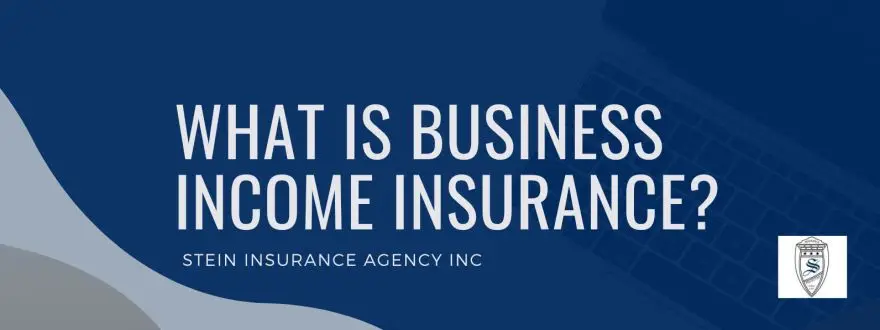What would happen if your business suffered a property loss? Would you have to shut down operations? Would you lose income? Would you be able to get back up and running fast or would it take a couple of years to completely rebuild? What about your employees? Would you be able to keep them on the payroll? What about your bills? Would they stop just because you are unable to operate? These are just a few “what ifs” to consider in the event of a covered property loss. And a few “what ifs” that business insurance and business income insurance can help address, including the critical need for business income insurance to safeguard your earnings during difficult times.
Why You Need Business Income Insurance
Business income insurance is essential for protecting your business’s financial health and ensuring you can recover from income loss quickly.
Understanding business insurance is crucial for every business owner to ensure financial security and stability.
Business income insurance, also known as business interruption insurance, is a type of business insurance that provides financial protection to a business in the event of a covered property loss. Such a loss could be due to a natural disaster, fire, theft or any other unexpected event that causes the business to temporarily shut down. The insurance policy helps to replace the lost net income and provides financial stability during the downtime, allowing the business to continue to pay its bills and employees while they work to get back on their feet.
Having business income insurance is a wise investment for any business, large or small. It offers peace of mind and protection against unexpected events that could otherwise cause financial ruin. It is important to understand what is covered under the policy and to make sure that the coverage is adequate for the specific needs of the business. It is also important to review the policy regularly and update it as necessary to ensure that it continues to meet the changing needs of the business. With business income insurance in place, a business can focus on recovering from a loss and getting back to business as usual, without having to worry about the financial fallout.
12 months actual loss sustained vs a dollar value limit:
The “12 months actual loss sustained” and “dollar value limit” are two different methods for determining the coverage limit of a business income insurance policy.
“12 months actual loss sustained” refers to a coverage limit that is based on the actual financial loss that a business sustained due to a covered event, up to a maximum of 12 months. For example, if a business experienced a loss of $100,000 due to a covered event, and its policy has a 12 months actual loss sustained limit, it would be eligible to receive the full $100,000 in compensation.
“Dollar value limit” refers to a coverage limit that is based on a predetermined amount specified in the policy. This amount is not restricted to the same 12 month time element. Rather, coverage ceases when the limit is exhausted.
In conclusion, the choice between the two methods will depend on the specific needs and circumstances of the business. The 12 months actual loss sustained provides greater protection for businesses that experience significant losses, while the dollar value limit may be more suitable for businesses with more predictable or limited losses. The dollar value limit may be more appropriate for property heavy business such as manufacturing. Where the business income loss could extend beyond 12 months.
Some examples of a business income insurance loss:
Natural Disaster: A small retail store located in a Southern Minnesota experiences a tornado/wind claim and is forced to shut down due to damages to the building and its contents. The store is unable to open for several weeks as it undergoes repairs. The business income insurance policy kicks in and provides financial compensation to help cover the lost income during this time, allowing the store to continue to pay its bills and employees.
Fire: A large manufacturing plant experiences a fire that causes significant damage to the building and its equipment. The plant is temporarily shut down while repairs are made, resulting in lost income. The business income insurance policy compensates the business for the lost income, allowing it to continue to pay its bills and employees during the downtime. This helps the business to get back up and running as quickly as possible, minimizing the impact of the loss on its operations.

We sincerely value your feedback, and it plays a crucial role in enhancing our online presence and guiding potential clients in their decision-making. If you have enjoyed your time at Stein Insurance and appreciated our services, we would be grateful if you could share your experience by leaving a review on our Facebook page or Google.
Whether it’s about the quality of our customer service, the convenience of our online policy management, or the overall satisfaction with your insurance plan, your review is incredibly important to us. It not only celebrates our commitment to quality but also helps others discover what makes Stein Insurance a preferred choice for insurance services. Thank you for your support and for helping us continue to deliver exceptional service!

